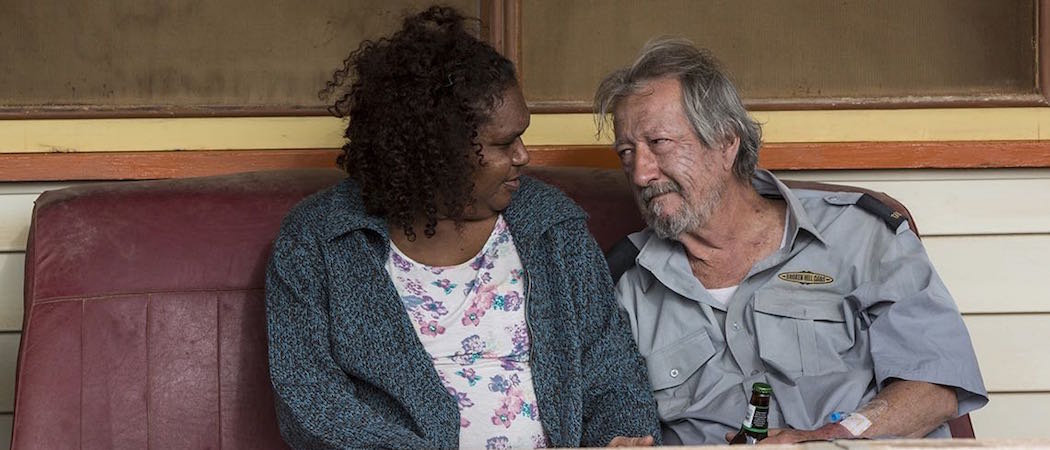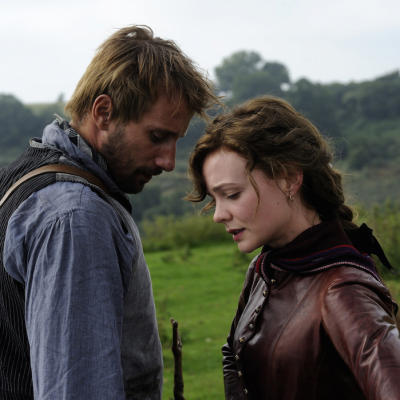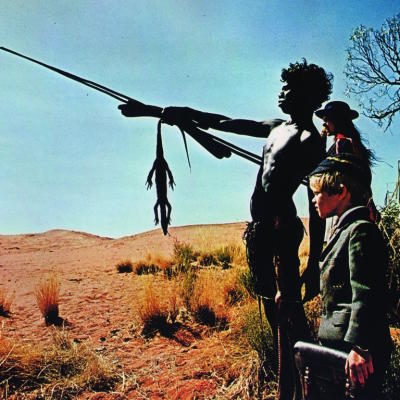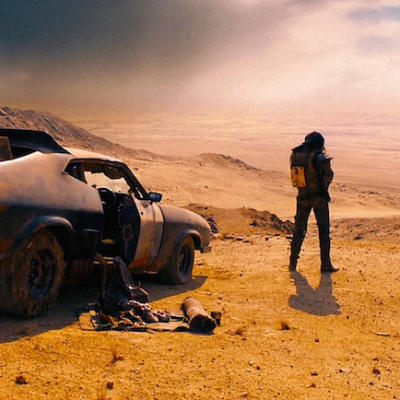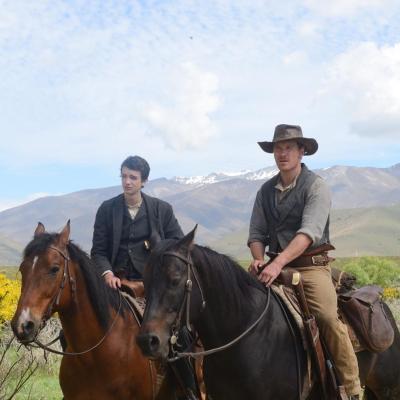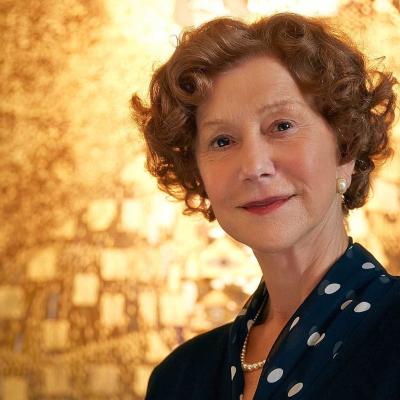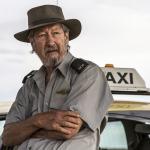Last Cab to Darwin is based on a 2003 stage play of the same name, which in turn was based on the true story of Max Bell, a cab driver who was diagnosed with terminal stomach cancer in the early 90’s. In this film, Michael Caton plays Rex, a dedicated cab driver whose life in Broken Hill revolves around chauffeuring a revolving cast of familiar faces and joining his mates for a beer at the pub. Rex receives the tragic news, setting off a chain of events that leads him to Darwin, where he believes that one doctor is able to help him die painlessly and with dignity.
Michael Caton’s performance as the funny, friendly, but sorrowful Rex is masterful. Every ounce of emotion is portrayed in his big searching eyes, the quiver of his lips and the gruffness of his voice. The rest of the cast is superb too, particularly Ningali Lawford-Wolf as Rex’s neighbour, dear friend and occasional lover Polly and Mark Coles Smith as the troubled but charismatic Tilly. Surprisingly though, Oscar nominee Jacki Weaver’s performance as the doctor Nicole Farmer, who is fighting for Rex’s right to die with dignity, is somewhat flat, giving very little real emotion to latch onto. Amid such powerful performances, hers is noticeably weaker.
The film is slight in terms of story, but extremely powerful when it comes to the film’s emotional centre. There is a slow build-up of information, as we slowly learn more and more about Rex, his past and the people he left behind. His relationship with Polly in particular is where the film’s heart truly beats, bringing together its major themes of death, love, isolation and race in a way that is subtle and tender. Every character in the film, though - even the most minor - are fully formed, three-dimensional humans.
Last Cab to Darwin is a film that could have been trite, overly sentimental and saccharine, but there is a real sense of grit and beauty to it. The dialogue is full of four letter words, and characters interact in true-to-life, complex ways. The outback too is portrayed very effectively in all of its harsh beauty, and with genuine affection for the varied, often strange people that populate it. There is an enveloping sense of actually being there, with each setting evoked with remarkable power. The confident but un-flashy cinematography, direction and even sound design make for a very engaging viewing experience.
Last Cab to Darwin is a heartfelt, emotionally gripping story that avoids being manipulative towards the audience. If this were an American film, we would be calling it “Oscar-bait” but you get the sense that the people behind this film had no designs as grand as that. It is a simple, honest story, told with care and respect that easily overcome its few flaws.
Last Cab to Darwin opens in cinemas on August 6, and it is also screening as part of the 2015 Sydney Film Festival. See below for screening times.
